Owning exotic pets has become an increasingly popular topic, capturing the interest of those drawn to the allure of nurturing uncommon pets. This fascination, however, is not without its complexities. The journey of exotic pet ownership is fraught with a myriad of considerations, from understanding exotic pet regulations to mastering the nuances of exotic pet care. It is a path that promises both extraordinary rewards and significant challenges.
As such, the significance of making informed decisions in this arena cannot be overstated. Whether it’s the joy of bonding with a parrot or the intrigue of caring for reptiles, the unique appeal of these creatures beckons a closer look into the pros and cons of exotic pets.
This article guides you to provide a comprehensive analysis of owning exotic pets. It will explore the benefits, including the exotic pet benefits of companionship and the sheer distinction of housing less common species like snakes, monkeys, or foxes. Additionally, the piece will examine the challenges that accompany exotic pet ownership, ranging from the intricate demands of exotic pet care to navigating the specific exotic pet regulations that govern such ownership.
Related: If you realize that exotic pets arent for you and you want a dog, follow these tips on how to raise your puppy right.
Pros of Owning Exotic Pets
Unique Companionship
Owning an exotic pet offers a distinctive form of companionship that differs significantly from traditional pets like cats and dogs. These unique animals often form strong, meaningful bonds with their owners. As individuals invest time and effort into understanding and catering to their exotic pets’ needs, a deep, rewarding relationship develops. This connection is not only fulfilling but also provides a sense of accomplishment in successfully nurturing a less common species.
Educational Opportunities
Exotic pets serve as a gateway to learning about diverse ecosystems and species conservation. Children and adults can gain valuable knowledge about different habitats and the natural behaviours of these animals. Managing the care of exotic pets such as reptiles, amphibians, and birds allows pet owners to explore and understand complex biological and environmental concepts, promoting a broader understanding of biodiversity and conservation efforts.
Less Allergic Reactions
One significant advantage of owning exotic pets is their hypoallergenic nature. Many people suffer from allergies to the dander found in the fur of more common pets like dogs and cats. Exotic pets such as reptiles, amphibians, and certain small mammals do not produce dander, making them an excellent option for allergy sufferers. This allows a broader range of individuals to enjoy the companionship of a pet without the discomfort of allergic reactions.
Fascinating Behaviors and Appearance
Exotic pets are often admired for their extraordinary appearances and intriguing behaviours. From vibrant colours and intricate patterns to unique body shapes, these pets are visually captivating. Observing their behaviours, which may include complex social interactions and survival strategies, provides a continuous source of fascination and entertainment. The natural behaviours exhibited by exotic pets can be both educational and mesmerizing, enhancing the pet ownership experience.
Special Uses
Beyond companionship and education, exotic pets can also contribute to developmental benefits, especially in children. Engaging with these pets can aid in improving fine and gross motor skills through regular care activities like feeding and habitat maintenance. Additionally, exotic pets can help in developing language skills and emotional intelligence. Children often feel comfortable communicating with their pets, expressing their thoughts and emotions freely, which can be crucial for their emotional development.
Owning exotic pets presents a unique blend of challenges and rewards, from providing specialized care to learning about and appreciating the natural world in new ways. These pets not only enrich lives with their distinctive characteristics but also contribute to educational and developmental growth, making them a compelling choice for many potential pet owners.
Cons of Owning Exotic Pets
Legal and Regulatory Challenges
Owning exotic pets often involves navigating a complex maze of legal and regulatory challenges. Different jurisdictions may have varying laws regarding the ownership, importation, and care of exotic animals, which can require permits, licenses, and regular inspections. This patchwork of regulations can be daunting for potential owners to understand and comply with, potentially leading to legal issues or even confiscation of the pets if not followed correctly.
Specialized Care Requirements
Exotic pets typically have highly specialized care needs that differ significantly from those of domestic animals. They may require specific diets, environments that mimic their natural habitats and unique healthcare. Many exotic pets are sensitive to changes in temperature, light, and humidity, and failing to provide these can lead to health problems. Additionally, the care of exotic pets often demands a deep understanding of their behaviour and natural history to prevent stress and ensure their well-being, making their care a substantial commitment.
High Costs
The financial burden of owning exotic pets can be considerable. Initial costs include purchasing the animal, which can be expensive, and setting up their living environment, which may involve specialized equipment such as heaters, humidifiers, and custom enclosures. Ongoing costs include high-quality, species-appropriate food, regular veterinary care by specialists, and possibly even personal liability insurance, given the potential for the animal to cause harm.
Safety and Health Risks
Exotic pets pose inherent health and safety risks to owners and the public. Many exotic animals carry zoonotic diseases that can be transmitted to humans, posing severe health risks. Additionally, as many exotic pets retain their wild instincts, even well-cared-for animals can exhibit aggressive behaviours unexpectedly. Incidents of exotic pets escaping and causing harm to people or other animals are not uncommon, highlighting the potential dangers associated with their ownership.
Long-Term Commitment
Many exotic pets live quite long, with some species, like parrots and certain reptiles, living for several decades. Owning such pets requires a long-term commitment that extends far beyond the initial allure of having a unique animal. This commitment can become challenging over time, especially if the owner’s living situation changes or if the pet requires more care than initially expected. The responsibility involved in ensuring the well-being of exotic pets over their entire lifespan is a significant consideration that potential owners must be prepared to undertake.
Common Types of Exotic Pets
Reptiles
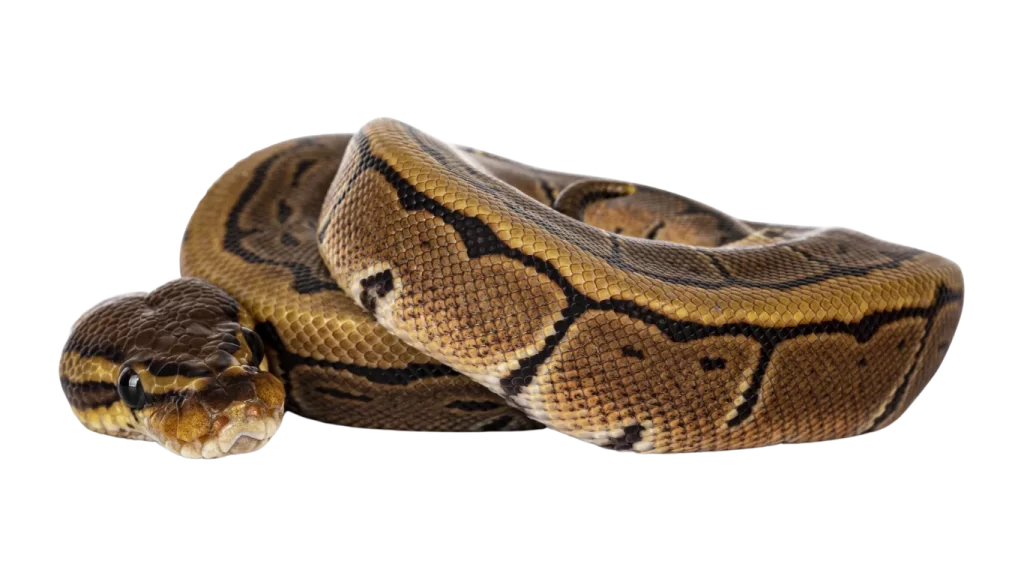
Reptiles are a diverse group, with many species commonly kept as exotic pets. Among the most popular are lizards and snakes due to their manageable care requirements and fascinating behaviours. Ball pythons, known for their docile nature and ease of handling, are ideal for beginners. Bearded dragons offer a friendly disposition and are appreciated for their interactive qualities. For those looking for a more unique reptilian companion, blue-tongued skinks provide affection and can form strong bonds with their owners. Additionally, the Kenyan sand boa stands out with its distinctive appearance and gentle temperament, making it a rising star among snake enthusiasts.
Birds
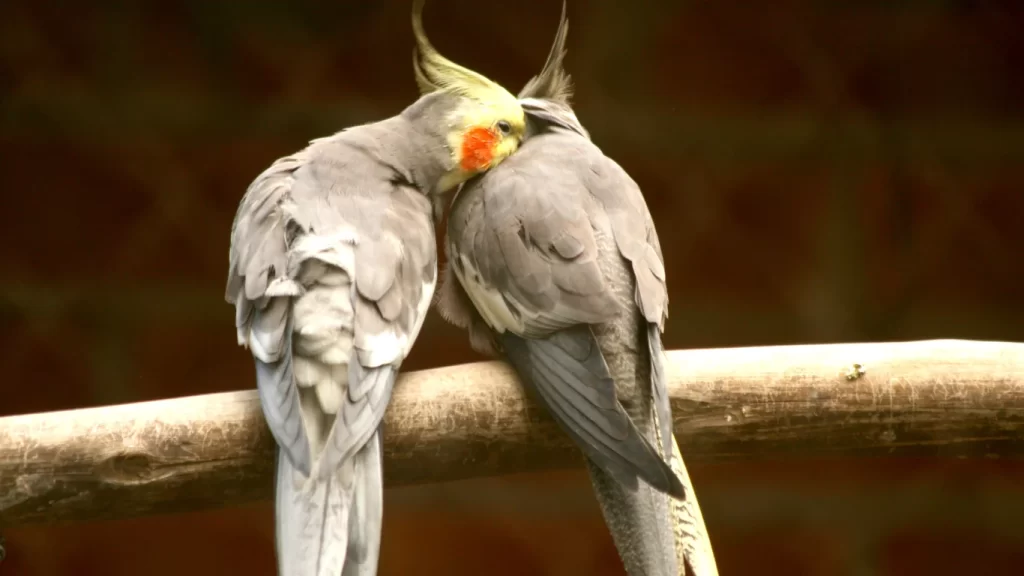
Birds add a vibrant and interactive element to the exotic pet world. Parakeets, or budgies, are celebrated for their friendly nature and are a top choice for those new to bird ownership. Cockatiels, with their expressive crests and communicative behaviour, form strong bonds with their caretakers. For those desiring a larger bird, cockatoos and hyacinth macaws are known for their affectionate nature and strong loyalty to their humans. Additionally, the eclectus parrot, recognized for its striking dimorphism and calm demeanor, makes a great companion for quieter households.
Amphibians
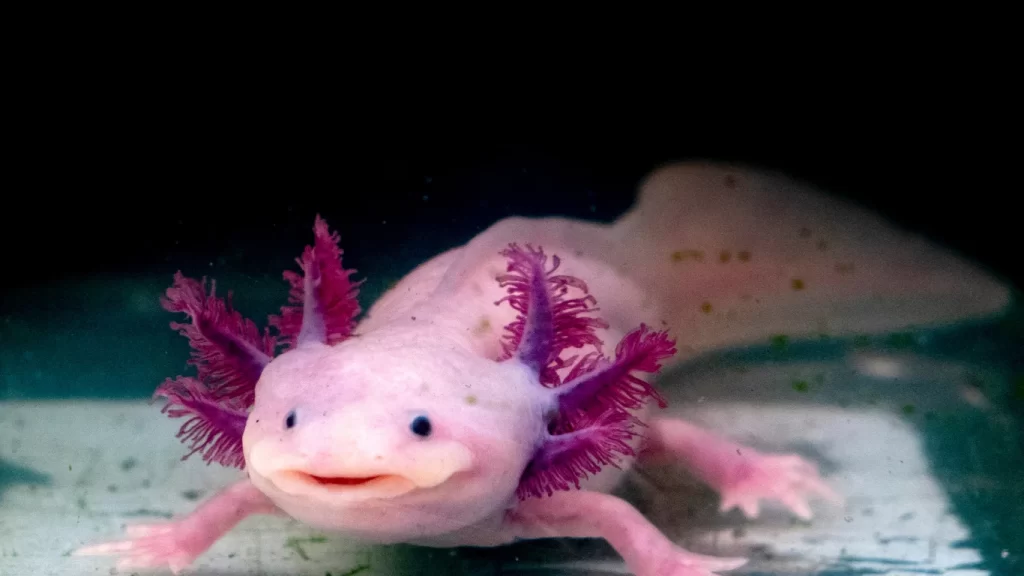
Amphibians like frogs and salamanders offer a unique pet-keeping experience due to their distinctive care needs and life cycles. The axolotl, a type of salamander, is renowned for its unusual appearance and it’s ease of care. Native frogs, such as the Australian green tree frog, are popular due to their adaptability and interactive nature. For those interested in more unique species, the pacman frog and the oriental fire-bellied toad provide striking colouration and are relatively easy to maintain in a proper terrarium setting.
Mammals
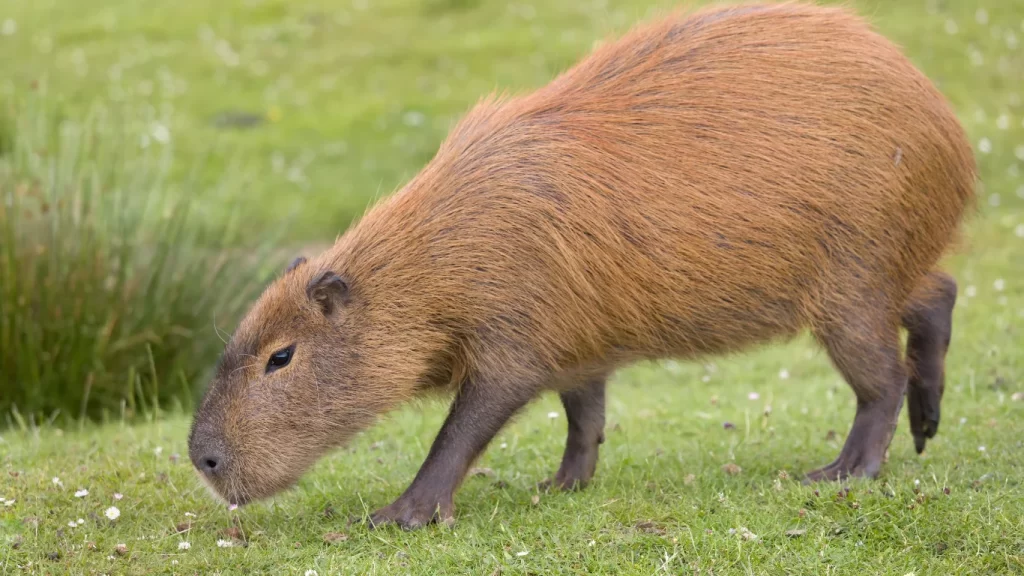
Exotic pet mammals range from the small and cuddly to the uniquely eccentric. Hedgehogs are favoured for their adorable demeanour and minimal space requirements. Sugar gliders are friendly and known for their bonding capacity with owners. For a more unusual choice, capybaras are the largest rodents in the world and can also be affectionate with attentive care. Fennec foxes, with their distinctive ears and energetic personalities, offer a dynamic pet experience for those able to meet their environmental needs.
Insects
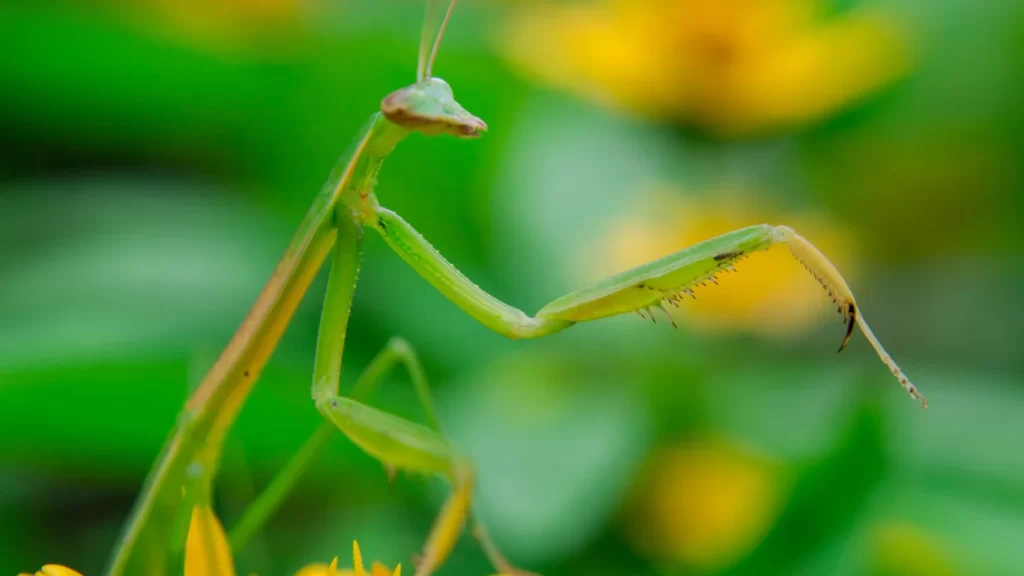
Insects are increasingly popular as pets due to their low maintenance and fascinating nature. Praying mantises are interactive and relatively easy to care for, often engaging with their owners. Stick insects and leaf bugs are masters of camouflage, providing a unique visual experience. For those interested in more robust insects, beetles and tarantulas offer a variety of species with minimal care requirements, making them suitable pets for beginner to advanced insect enthusiasts.
Considerations Before Owning an Exotic Pet
Research and Education
Before deciding to own an exotic pet, it is crucial to invest time in research and education. Understanding the specific needs of the animal, including its diet, habitat requirements, and behaviour, is essential. Prospective owners should explore various resources, such as reputable websites, books, and talks with experienced pet owners. This basic knowledge will help you ensure that you can provide a suitable and enriching environment for the pet.
Finding a Specialized Veterinarian
Locating a veterinarian who specializes in exotic animals is another vital consideration. These professionals are equipped with the knowledge and skillset necessary to provide appropriate care for unique species. Regular check-ups with a qualified vet can prevent common health issues and ensure the animal’s well-being. Engaging with online communities or local exotic pet groups can help in finding a recommended exotic pet veterinarian.
Ensuring Proper Habitat
Creating a habitat that closely mimics an exotic pet’s natural environment is critical for its health and happiness. This includes appropriate substrate, temperature, humidity, and space for the pet to exhibit natural behaviours. For reptiles and amphibians, for example, this might mean installing UVB lighting and providing a temperature gradient within their enclosure. Regular maintenance and cleanliness of the habitat are also crucial to prevent disease.
Understanding Lifespan and Growth
Exotic pets often have different lifespans and growth rates compared to more common pets. Some species may require decades of commitment. Considering the pet’s potential size and age, it’s essential to consider whether you can provide long-term care. Understanding these aspects helps you prepare for the various stages of the pet’s life, ensuring you can meet its needs as it grows.
Ethical and Legal Responsibility
Owning an exotic pet comes with significant ethical and legal responsibilities. It is important to ensure that the pet is acquired legally and that its ownership does not contravene local wildlife conservation laws. Ethically, owners should prioritize the welfare of the pet over the novelty of owning an exotic animal. This means providing not just for the animal’s basic needs but also for its psychological well-being through environmental enrichment and proper care.
Conclusion
Thinking about getting an exotic pet? It’s an exciting journey, but it’s important to understand their needs, the laws involved, and the joy they can bring into your life. We want to highlight the wonderful companionship and learning experiences these pets offer, along with the hard work and potential challenges of caring for them. Responsible exotic pet ownership means truly understanding the animal’s needs, being committed to their well-being, and appreciating the diversity they bring into our homes.
Before you take the plunge, it’s essential to think about the long-term responsibilities and make sure you’re ready to invest time and effort into meeting your pet’s needs. It’s not just about their well-being, but also about enriching your own life and connecting with the natural world. Whether you’re thinking about getting an exotic pet or you already have one, let this guide be a helpful resource for building a fulfilling and loving relationship with your exotic companions.
FAQs
Are exotic pets safe to keep?
Exotic pets may carry diseases that do not necessarily affect their health but can be harmful to humans, such as salmonella, Lyme disease, or coronaviruses. Additionally, there are other risks associated with keeping exotic pets that can pose dangers.
What kinds of exotic pets are permitted in Australia?
In Australia, the types of exotic pets you can legally own include reptiles, amphibians, birds, Pygmy marmosets, Fennec foxes, iguanas, sugar gliders, and various mammals. However, the specific animals allowed can vary by state; for instance, New South Wales allows the ownership of lizards, frogs, and turtles.
Is it ethical to have animals as pets?
Keeping an animal as a pet is considered ethical only if the animal’s biological and psychological needs are fully met. This ensures the well-being of the pet in a domestic environment.





